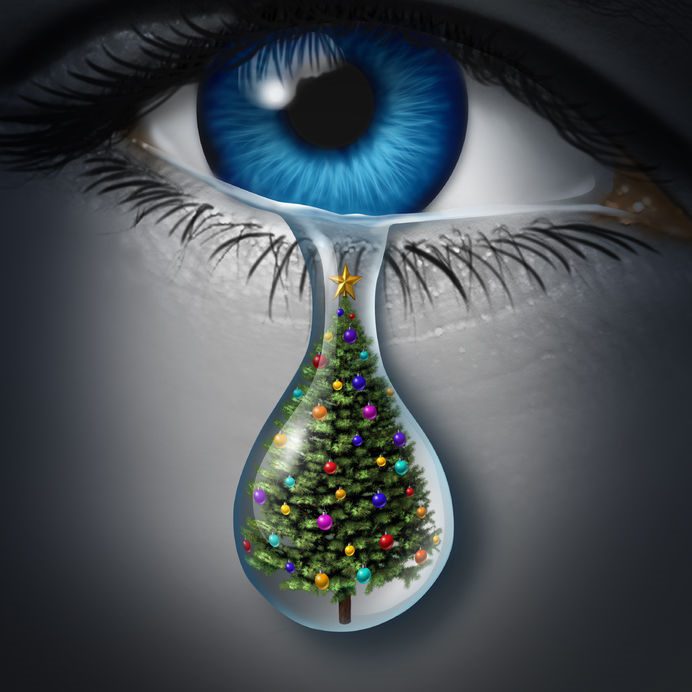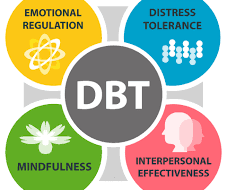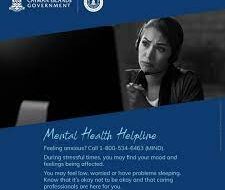
Grief and the Holidays
Last week, we discussed dealing with difficult personalities around the holidays. This week, we will be focusing on grief during the holiday season. Grief comes in many forms. Some folks may be experiencing the holidays following the passing of a dear loved one. Some people (like me) are far away from their loved ones. Some individuals grieve or become lonely because they do not have the stereotypical family or experiences featured on the overabundance of holiday commercials shown this time of year. When it comes to grief, experts recommend:
- Have support. Whether it is the grief of losing a loved one, or not having loved ones to surround yourself with, social support is important. Ensure you are around people, and do not isolate yourself, no matter how much you may feel like doing so. If you have family close by, organize some time to get together and share fond memories. If you do not have loved ones nearby, attend a class, social event, or volunteer. It will help to build a positive mood.
- Create new traditions. While it can be important to memorialize those we have lost, it is also important to create new memories. A few years ago, I met with a client who told me how much it hurt to not have any family memories of Christmas, because the individual grew up in foster care. I suggested this person make traditions now, whether it is with friends, loved ones, or by themselves. For example, a few years ago, my entire family had a stomach bug. This put a damper on our normal holiday traditions. In order to escape germs, I took my nephews to a local supermarket and bought them sushi and candy bars on Christmas Eve. We then drove around eating sushi and looking at Christmas light displays. Since this time, sushi, candy bars, and Christmas lights have become the new (unique) tradition.
- Keep one old tradition or make a memorial. New traditions are important so that you can have some traditions that do not make you sad or wistful during holiday times. However, keeping one or two traditions to maintain normalcy and consistency can be therapeutic. During my holidays, I look forward to cookies once made by my since-passed grandmother, which are now made by my father and sister.
- Rearrange your furniture or change the environment. After a death or big life change (i.e. divorce) environmental triggers can be difficult. On the holiday, you may look at the couch and remember when Great Aunt Sally would sew or tell stories. Or, you may remember that Grandma Beverly sat at a certain chair at the kitchen table. While it is lovely to have a memory, it can make you overly sad. Therefore, I often recommend that the environment is altered in some way so that grieving individuals do not experience so many environmental triggers. Whether it be getting new decorations, new home décor, or simply rearranging furniture, this can be very beneficial for one’s mental health.
Hopefully, some of these tips and suggestions can help you to have a more positive holiday season! If not, please seek additional support from family members, friends, a pastor, or psychologists like myself and Dr. Bodden. OnCourse Cayman would like to wish you a very happy, safe, positive holiday season!!
-Dr. Colleen Brown




